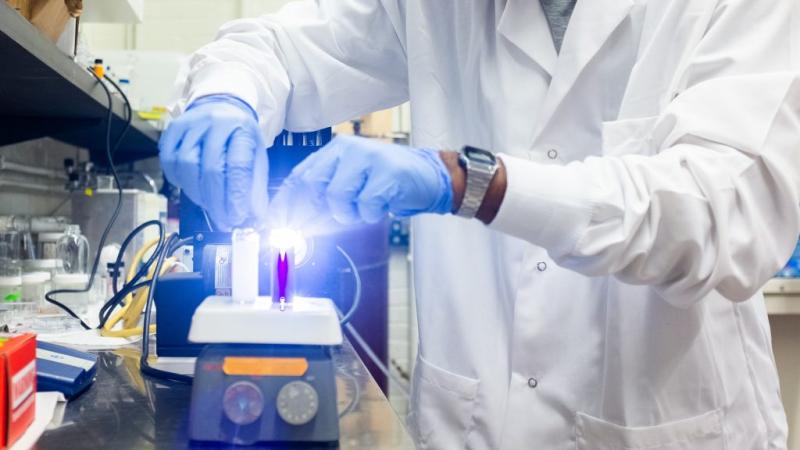April 11, 2019


Six Rensselaer Polytechnic Institute students have been invited to participate in the National Science Foundation Graduate Research Fellowship Program (GRFP). The program supports students in science, technology, engineering, and math who are working on research-based master’s and doctoral degrees.
The GRFP is the oldest graduate fellowship of its kind
and is known for choosing scholars who become highly successful in their future
academic and professional careers.
Those who received offers this year include Robert
Alan Culibrk, Jessica Lynn Funnell, and Samuel Stephen, who are all studying
biomedical engineering; Mitchell James Cieminski, who is researching STEM
education and learning; and Alexander Yepikhin and Parth Bhide, who are both
studying macromolecular,
supramolecular, and nanochemistry.
Rensselaer
students have a history of receiving this prestigious three-year fellowship. For
example, over the past four years, three students have been fellowship
recipients in Ryan Gilbert’s lab alone. Gilbert is a professor of biomedical
engineering.
Alexis Ziemba received the fellowship in 2016, Gilbert said, and is using it to study biomaterial approaches to dampen inflammation in central nervous system injury. Devan Puhl, who received the fellowship in 2018, is developing biomaterial scaffolds to deliver drugs and genes that promote regeneration after a spinal cord injury. Gilbert said that Funnell plans to use the fellowship to develop a hydrogel to reduce free radical damage and chronic inflammation that occurs after a spinal cord injury.
"I am honored to have been selected as an awardee out of so many impressive applicants. I hope to use this award to develop a clinically-relevant, non-invasive treatment to improve locomotor function of spinal cord injury patients," said Funnell.
The projects that Rensselaer students will work on range in discipline and end goal. For example, Yepikhin plans to use the fellowship to create and study new polymers that will enable him to create high throughput and nanoscale resolutions in maskless 3D nanolithography, an objective that will make the process quicker and less expensive.
He has been working in Edmund Palermo, and Chaitanya Ullal's labs. Both are assistant professors in the Department of Materials Science and Engineering.
A total of 2,050 candidates were offered an award this year nationwide.